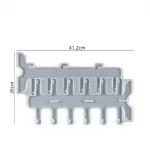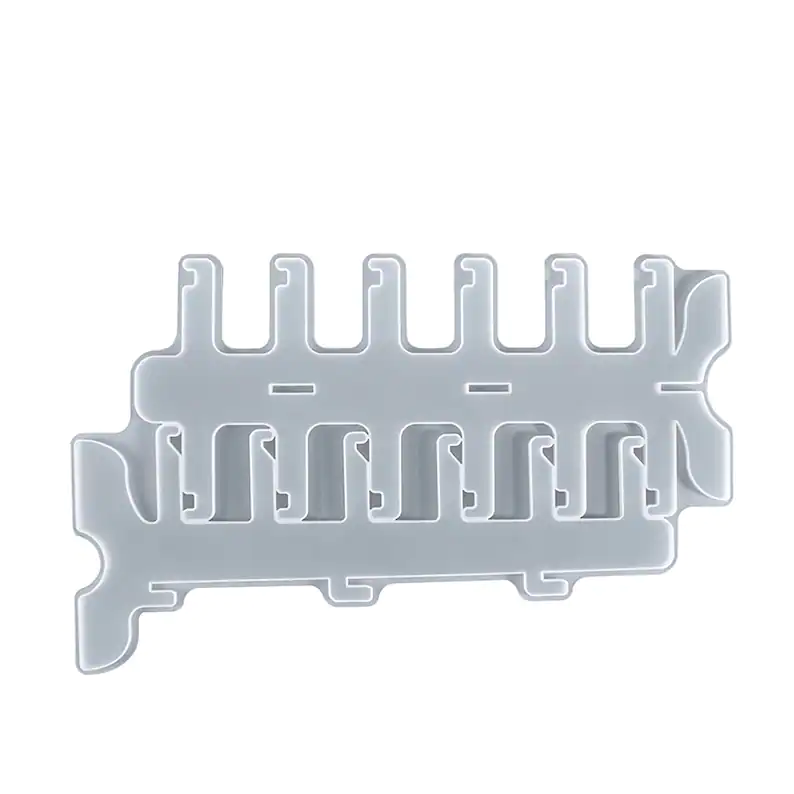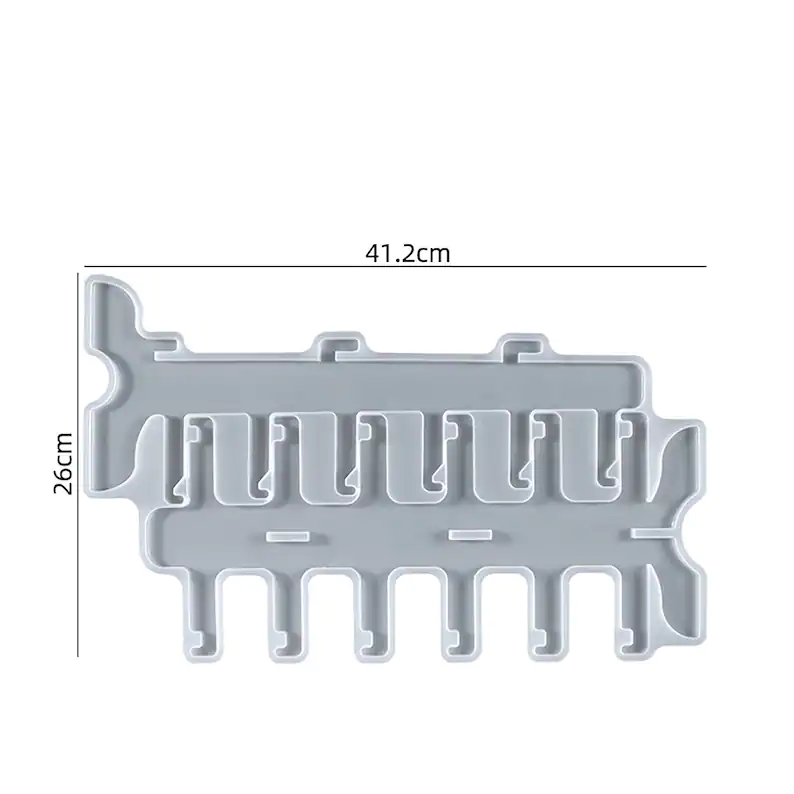حامل حامل النظارات الشمسية
3.20 KWD
غير متوفر في المخزون
- دليل المقاسات
Size Guide
MM CM M 10 1 0.01 20 2 0.02 30 3 0.03 40 4 0.04 50 5 0.05 60 6 0.06 All measurements are in MM or CM
and may vary a half cm in either direction.
GRAM KG 100 0.1 200 0.2 300 0.3 400 0.4 500 0.5 600 0.6 All MASS are in GRAMS OR KG
and may vary a few grams in weight.
MILI LITER LITER 100 0.1 200 0.2 300 0.3 400 0.4 500 0.5 600 0.6 All volumes are in Mili liters or Liters
and may vary few mili liters.
- التوصيل والإستبدال
Delivery
We ship to all 6 Governorates of Kuwait. Delivery charges are KWD 2 for orders less than KWD 10, and KWD 1 for orders less than KWD 20. Always free shipping for orders over KWD 20. During sale periods and promotions the delivery time may be longer than normal. Delivery Between 3 pm to 10 pm, No Specific Time Given. The last order for same-day delivery must be before 3 pm.Return
Resintools.co will accept exchanges and returns of unused items within 14 days of the date of purchase, on presentation of the original receipt, (Client will be charged for delivery charges if the return is without valid reason) Your return will usually be processed within a week. We’ll send you a Return Notification email to notify you once the return has been completed. Please allow 1 business day for refunds to be received to the original form of payment once the return has been processed.Help
Give us a shout if you have any other questions and/or concerns. Email: info@resintools.co Phone: +965 55172179
حامل النظارات الشمسية قوالب الراتنج ، منظم النظارات قالب سيليكون ، منضدية عرض النظارات الشمسية حامل العفن ، رف النظارات الشمسية DIY للتخزين
بناءً على 0 تقييمات
|
|
|
0% |
|
|
|
0% |
|
|
|
0% |
|
|
|
0% |
|
|
|
0% |
عرض المراجعات فقط في العربية (0
منتجات ذات صلة
متوفر في المخزون
متوفر في المخزون
متوفر في المخزون
متوفر في المخزون
متوفر في المخزون
متوفر في المخزون
متوفر في المخزون
متوفر في المخزون
































التعليقات
لا توجد توصيات بعد.